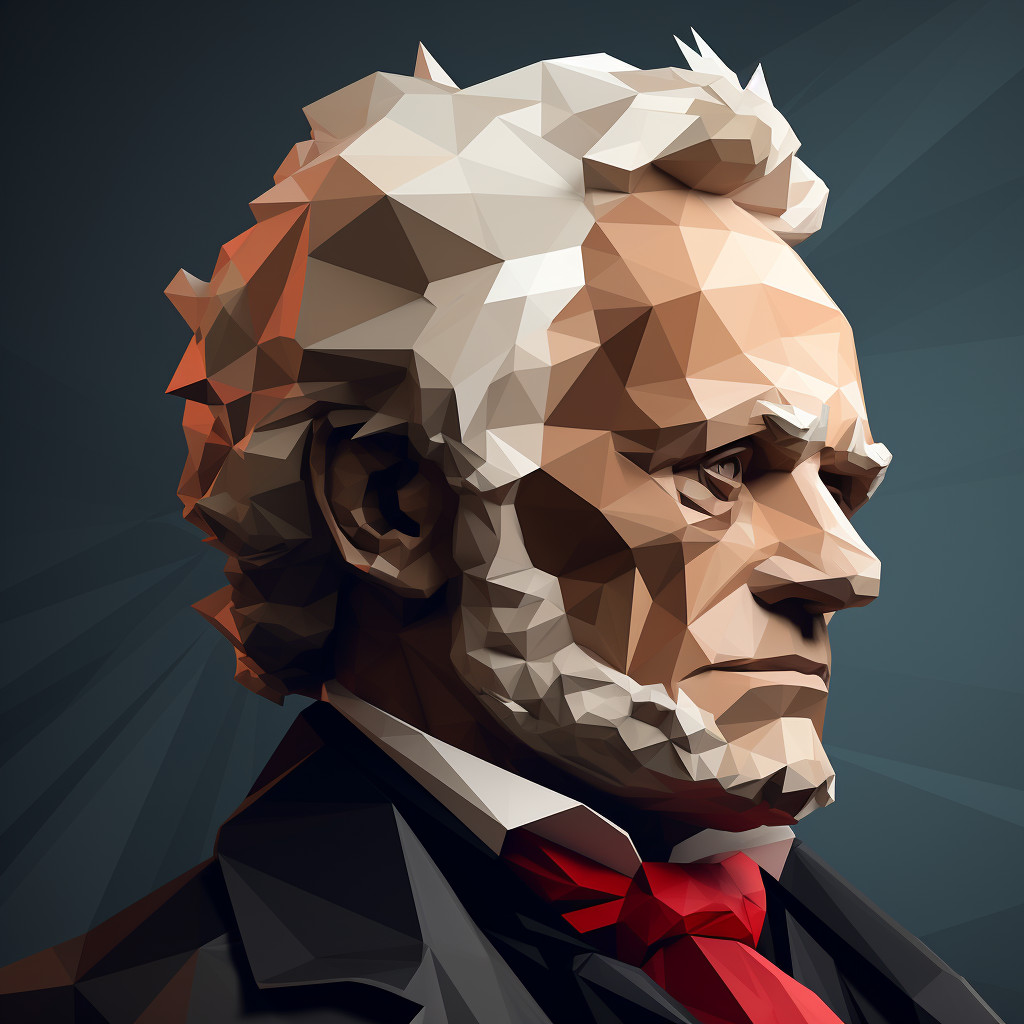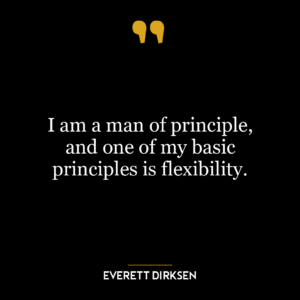This quote delves into the complex interplay between desire, will, and action. It suggests that while we have the freedom to act according to our desires, we don’t have control over what we desire in the first place. In other words, we can do what we want, but we cannot choose or control our wants.
This idea can be seen as a commentary on human nature and the limitations of free will. While we may have the power to act and make choices, our desires and wants are often influenced by factors beyond our control such as upbringing, environment, societal norms, or even genetic predispositions. We can choose our actions, but our desires, which drive these actions, are not really chosen by us. They just exist within us.
Applying this to the modern world, we can see this concept at play in many areas. For instance, consumer behavior is often driven by desires that are influenced by external factors like advertising and social pressures. Despite having the freedom to purchase what they want, consumers don’t necessarily have control over what they want to purchase.
In terms of personal development, this quote can serve as a reminder that while we can control our actions and responses, we should also strive to understand and accept our innate desires and inclinations. It encourages self-awareness and acceptance of our inherent nature, while also emphasizing the importance of exercising our free will responsibly.
This can also be seen in the context of mental health and self-improvement. Many people struggle with desires or impulses that they wish they didn’t have. Instead of feeling guilty or frustrated, understanding that we can’t always control our wants can lead to a more compassionate and accepting attitude towards ourselves. At the same time, it underscores the importance of developing strategies to manage our actions and reactions in response to these desires.
So, while we may not have control over what we want, we do have control over how we respond to our wants, and that can make all the difference.










